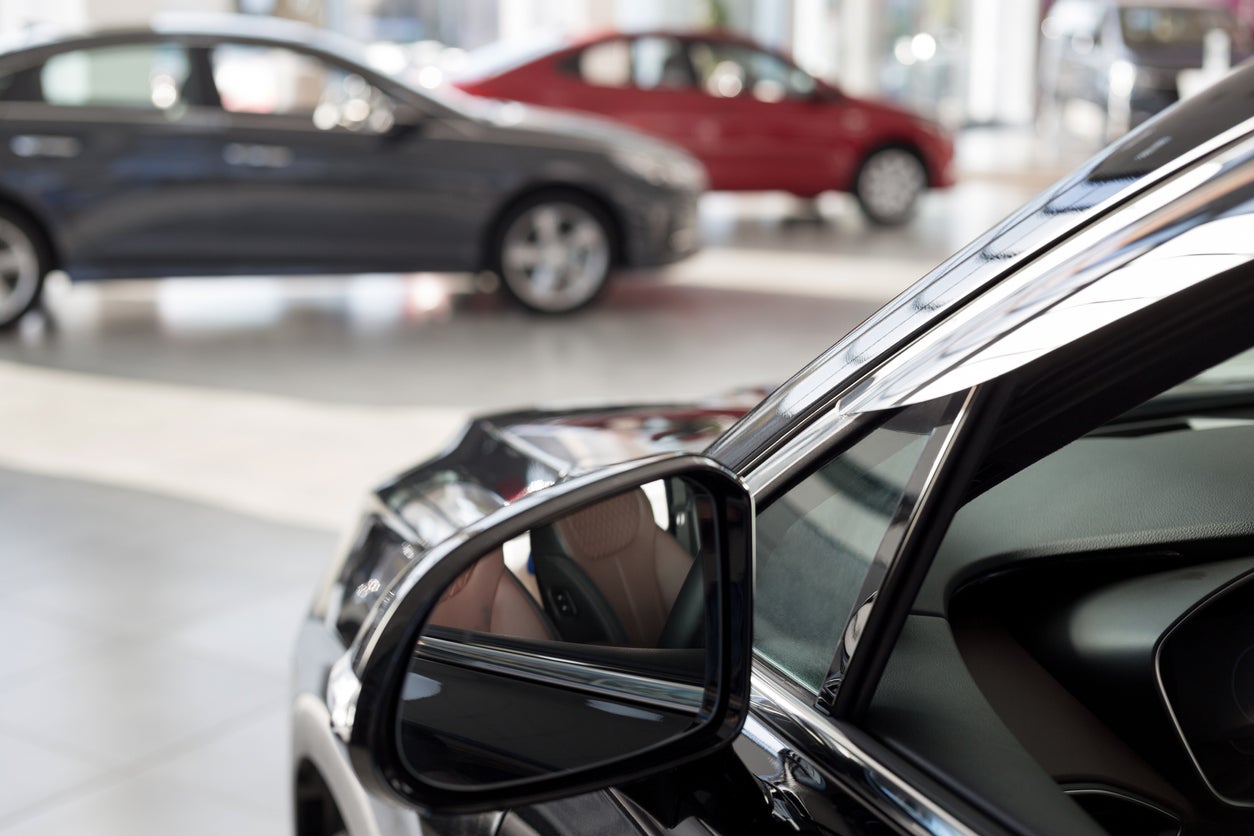New car registrations fall to lowest level for two decades in ‘desperately disappointing September’
Ongoing global shortage of computer chips blamed for tumbling figures

An ongoing global shortage of computer chips is being blamed for new car registrations in Britain falling to their lowest levels in more than 20 years.
Industry trade body the Society of Motor Manufacturers and Traders (SMMT) said there were a total of 215,312 cars registered in September.
This was a drop of 34.4 per cent on Covid-hit September 2020 and the lowest figure since 1998.
"Supply issues caused by semiconductor shortages continue to plague industry," SMMT said in a statement.
Semiconductors are used in chips and circuit boards and can be found in everything from mobile phones to computers.
They are also used in cars and are vital for running digital displays and stability control systems.
The shortage of semiconductors is being blamed on falling car production.
Despite it being a difficult year for the car industry as a whole, registrations of electric vehicles have soared.
There were more than 32,000 electric cars recorded on databases in one month in September - nearly as many as registered in the whole of 2019 - 37,850 electric cars.
Electric car making firm Tesla's Model 3 was the best selling car in September 2021, with 6,879 of the vehicles bought by UK customers.
Vauxhall's Corsa was in second with 5,235 and the BMW's 3 Series in third with 4,788.
Mike Hawes, SMMT chief executive, said: "This is a desperately disappointing September and further evidence of the ongoing impact of the Covid pandemic on the sector. Despite strong demand for new vehicles over the summer, three successive months have been hit by stalled supply due to reduced semiconductor availability, especially from Asia.
“Nevertheless, manufacturers are taking every measure possible to maintain deliveries and customers can expect attractive offers on a range of new vehicles.Despite these challenges, the rocketing uptake of plug-in vehicles, especially battery electric cars, demonstrates the increasing demand for these new technologies.”
He added: “However, to meet our collective decarbonisation ambitions, we need to ensure all drivers can make the switch – not just those with private driveways – requiring a massive investment in public recharging infrastructure. Chargepoint roll-out must keep pace with the acceleration in plug-in vehicle registrations.
Subscribe to Independent Premium to bookmark this article
Want to bookmark your favourite articles and stories to read or reference later? Start your Independent Premium subscription today.

Join our commenting forum
Join thought-provoking conversations, follow other Independent readers and see their replies